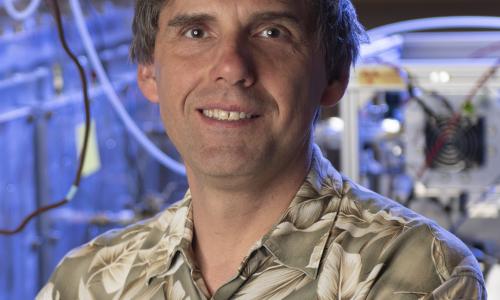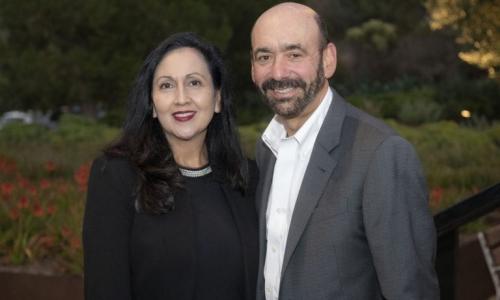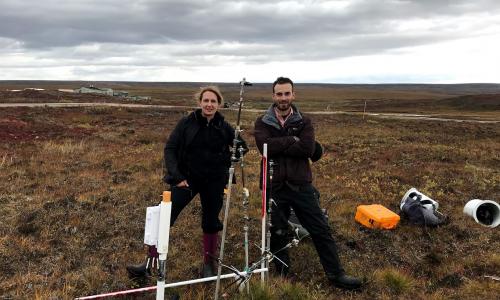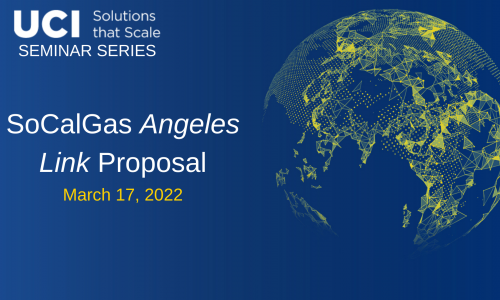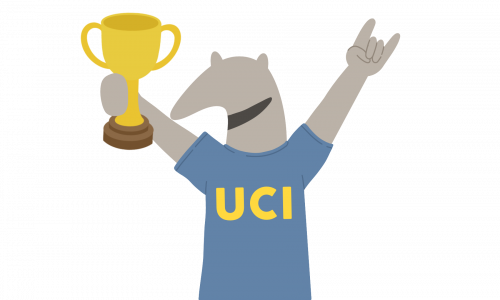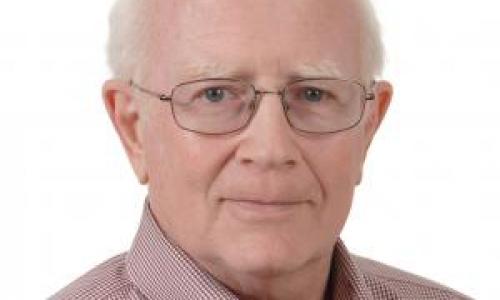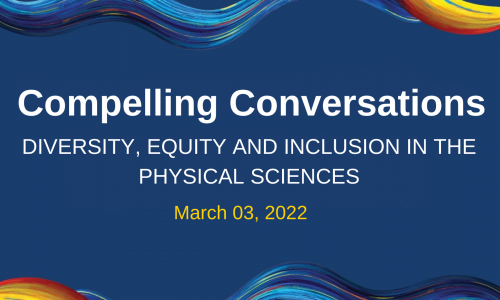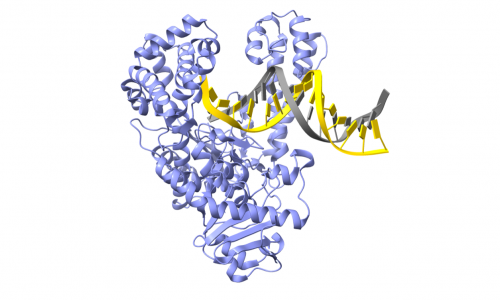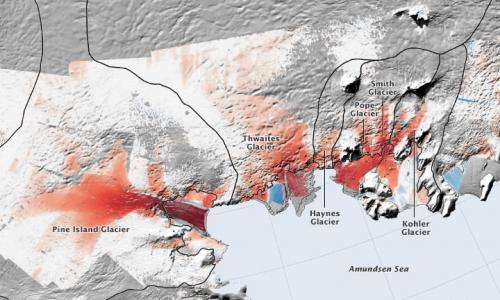newspage-events
UC Irvine scientists devise method for cities to measure greenhouse gas emissions
Apr 4, 2022
The UCI chemistry professor’s teaching draws on 20 years of discovering what works best for students.
Mar 29, 2022
12 fields of advanced study place in top 20 among public universities on annual list.
Mar 24, 2022
New tool enables year-round, direct measurements of frozen arctic soils.
Mar 22, 2022
Southern California Gas (SoCalGas) recently announced their proposal to develop the Angeles Link — an initiative that would develop the nation’s largest green hydrogen energy infrastructure system.…
Mar 21, 2022
The distinction honors the UCI professor’s work on neutrino detectors in China.
Mar 19, 2022
Under a crescent moon, a Baja California treefrog wades among rushes and water hyacinth in San Felipe Creek — a wetland along the western edge of Anza-Borrego Desert State Park that researchers fear could be rapidly shrinking as the climate changes.
Mar 19, 2022
From wetlands to badlands, plants and wildlife in eastern San Diego County are struggling to survive. Ecologists face tough decisions about how to respond.
Mar 18, 2022
The fellowships will support grad student research happening now in the new institute.
Mar 15, 2022
Professor Bill Parker wants to pass on some of his serendipity.
Mar 11, 2022
Join Dean James Bullock and school leadership during this conversation about the latest initiatives around diversity, equity and inclusion that are taking place at the UCI School of Physical Sciences…
Mar 11, 2022
Research to lead to improved personalized medicine and understanding of evolution.
Mar 10, 2022
Ice-ocean interactions are accelerating melting into Amundsen Sea Embayment.

